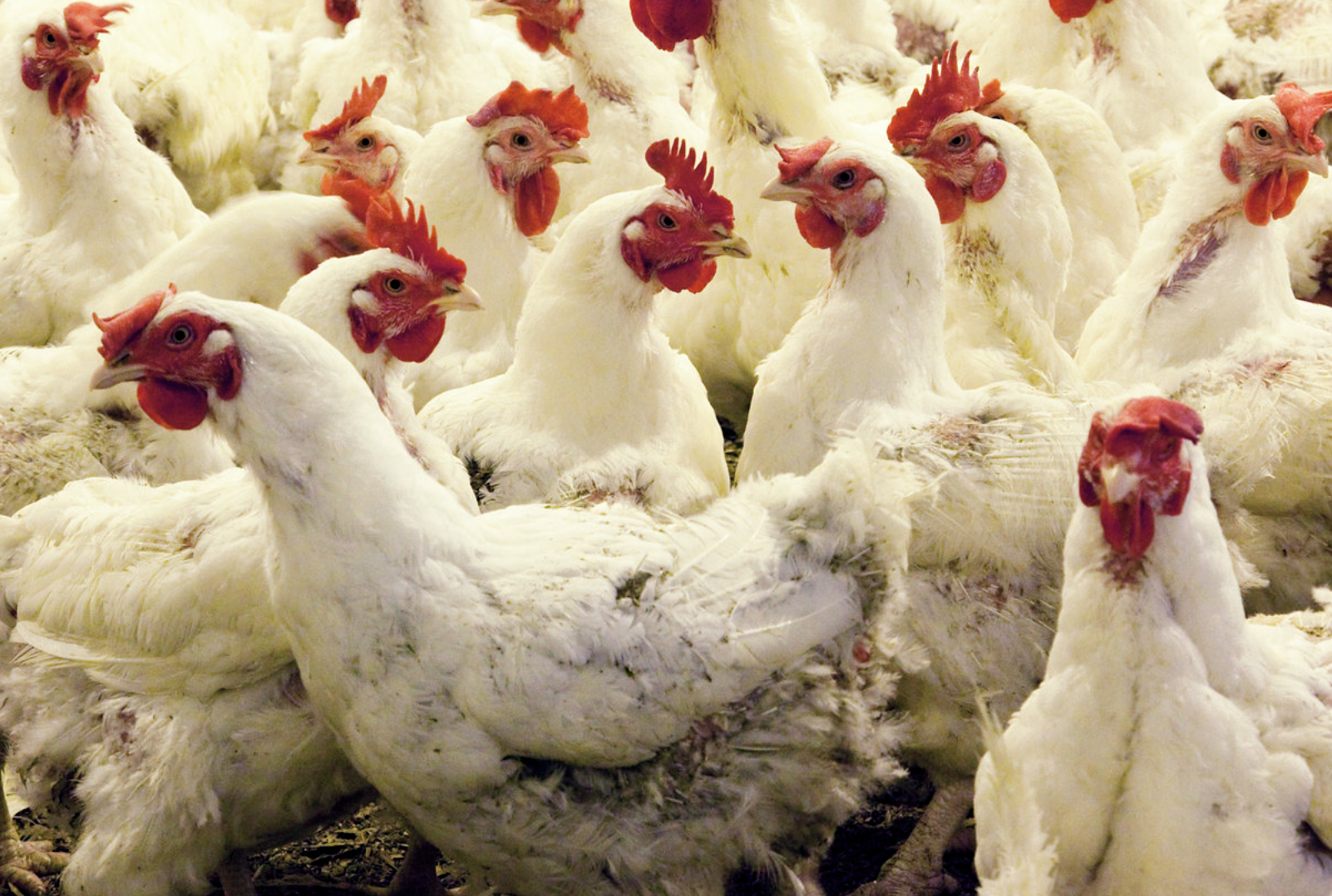University of Arkansas System Division of Agriculture
As the southern migration of birds reaches its annual peak over the Southern Plains, poultry keepers, especially hobbyists, prepare to double down on biosecurity measures.
Unlike most commercial poultry operations, backyard flocks are often continuously exposed to outdoor conditions, creating opportunities to interface with migrating birds and their droppings.
On October 10, Dustan Clark, extension veterinarian for the University of Arkansas System Division of Agriculture and associate director of the Center of Excellence for Poultry Science, announced the H5N1 strain of Highly Pathogenic Avian Influenza, commonly known as “bird flu,” was detected in a backyard flock in Mississippi County.
These were the first confirmed cases in the state since January, when two commercial flocks in Cleveland County and one backyard flock in Sharp County confirmed the strain.
WHERE DID BIRD FLU ORIGINATE?
“In 1996, an HPAI [Highly Pathenogenic] H5N1 virus was found in commercial geese in the Guandong Province, China.” – A brief history of bird flu, National Library of Medicine
“The first cases of bird flu in North America were reported among wild migratory birds in late 2021 before spreading to poultry farms and, more recently, to dairy cattle in nine U.S. states. The outbreak has led to the loss of more than 90 million poultry in the U.S, with economic damages of $2.5 and $3 billion. Widespread culling of poultry worldwide, as a response to the bird flu, is intensifying the rise in global food prices.” – Center for Responsible Food Business
The H5N1 strain has now been detected in all 50 states, affecting more than 129 million birds.
Clark will host an October 27 webinar discussing poultry disease risks in small flocks.
“HPAI continues to break in various states,” Clark said. “As the migration of waterfowl has not yet reached peak numbers, it’s important that biosecurity protocols be practiced.”
Participation in the webinar is free, but online registration is required. The webinar will begin at 6 p.m.
The Cooperative Extension Service, the outreach and education arm of the Division of Agriculture, posts updates on HPAI confirmations in Arkansas.



